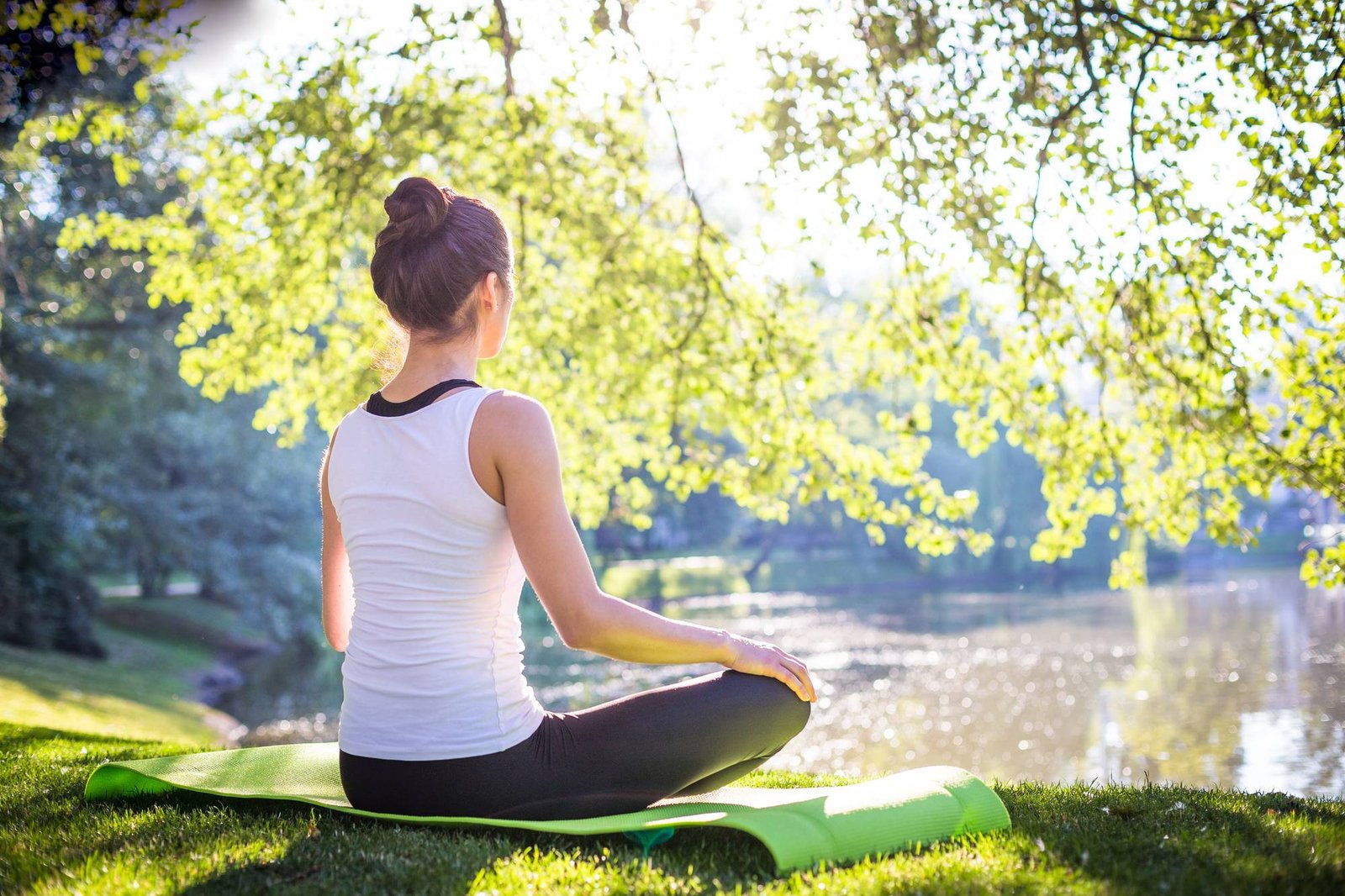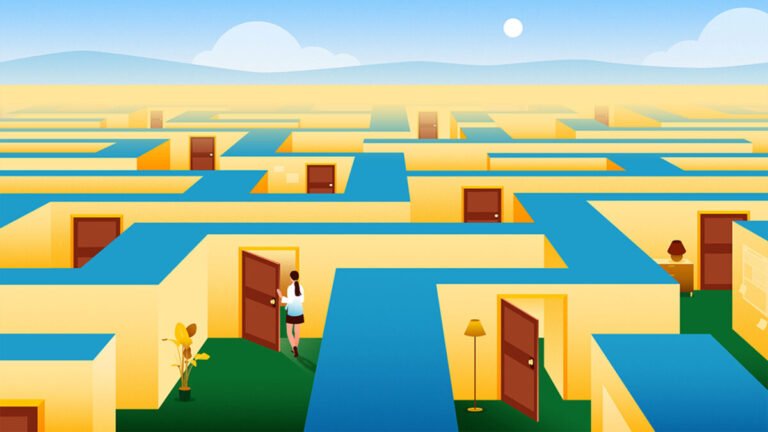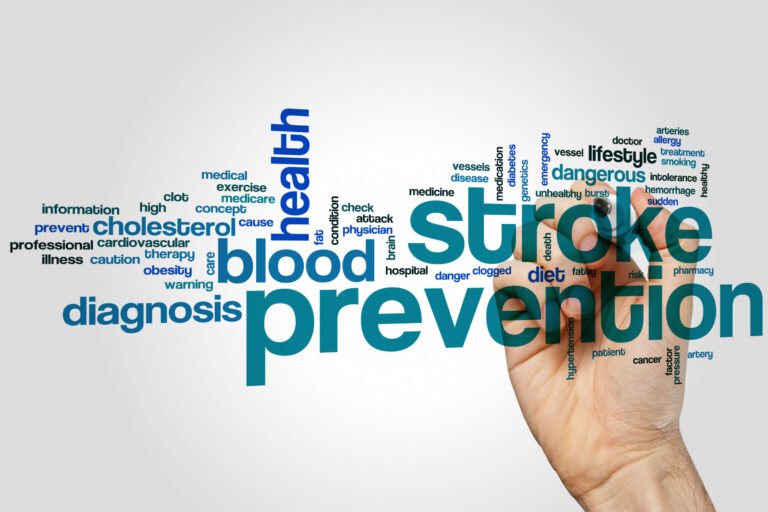The Power of Mindfulness: A Comprehensive Guide to Mental Wellness
In a world that’s constantly on the move, finding moments of peace and clarity can feel like an impossible task. Yet, one practice has stood the test of time, proving its effectiveness in enhancing mental well-being—Mindfulness. This powerful technique is more than just a buzzword; it’s a way of life that can transform how you experience your daily routine.
1. The Power of Mindfulness: How to Incorporate It into Your Daily Routine
Mindfulness is the practice of being present in the moment, fully aware of your thoughts, feelings, and surroundings without judgment. It helps you slow down, breathe deeply, and reconnect with yourself. Here’s how you can make mindfulness a part of your everyday life:
- Morning Meditation: Start your day with a 5–10-minute meditation. Focus on your breathing and allow thoughts to pass without engaging with them. Apps like Headspace or Calm can guide beginners through this process.
- Mindful Eating: Pay attention to the colors, textures, and flavors of your food. Chew slowly, savoring each bite, and notice how it makes you feel. This simple practice can enhance digestion and satisfaction.
- Gratitude Journaling: Write down three things you’re grateful for each day. This shifts your mindset towards positivity and appreciation, anchoring you in the present moment.
- Mindful Breathing Exercises: Throughout your day, take short breaks to focus on your breath. Inhale deeply through your nose, hold for a count of four, then exhale slowly through your mouth. This can reduce stress and enhance clarity.
- Evening Reflection: Before bed, spend a few moments reflecting on your day. Acknowledge what went well and what could be improved, without criticism or blame.
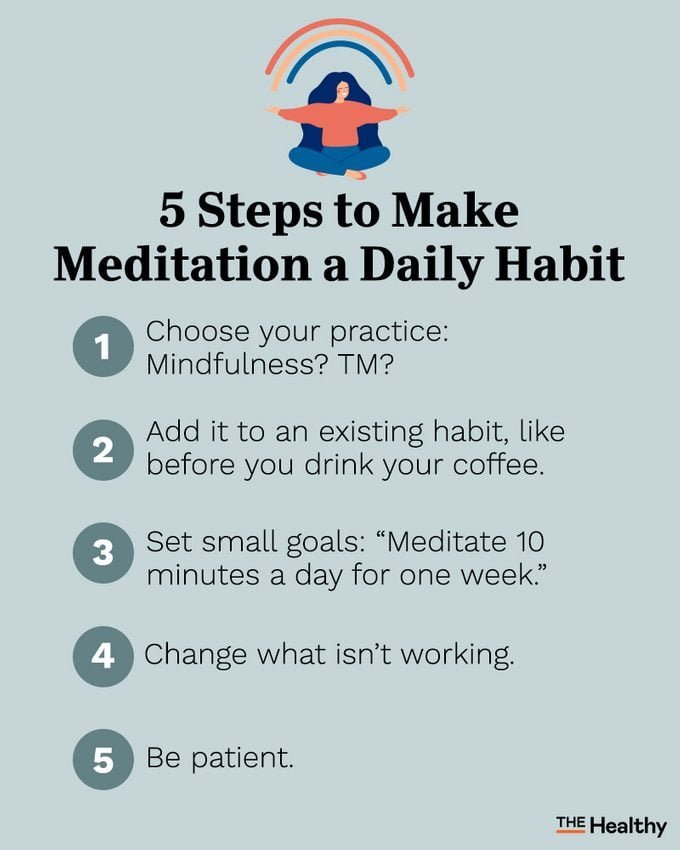
2. Understanding Anxiety and Stress: Tips to Manage and Overcome
Anxiety and stress are natural responses to life’s challenges, but they can become overwhelming if not managed properly. Here are some strategies to help cope with anxiety and stress:
- Recognize Triggers: Identify the situations, thoughts, or behaviors that trigger your anxiety. Keeping a journal can help track patterns and provide insight into what’s causing stress.
- Practice Relaxation Techniques: Incorporate activities like deep breathing, progressive muscle relaxation, or guided imagery into your daily routine to help calm the mind.
- Physical Activity: Regular exercise is a powerful tool in managing anxiety and stress. Activities like walking, yoga, or dancing can release endorphins, which improve mood and promote relaxation.
- Limit Caffeine and Sugar: Excessive consumption of caffeine and sugar can increase anxiety symptoms. opt for herbal teas and balanced meals instead.
- Seek Professional Help: Don’t hesitate to seek help from a therapist or counselor. Cognitive Behavioral Therapy (CBT) and mindfulness-based therapies have proven effective for managing anxiety and stress.
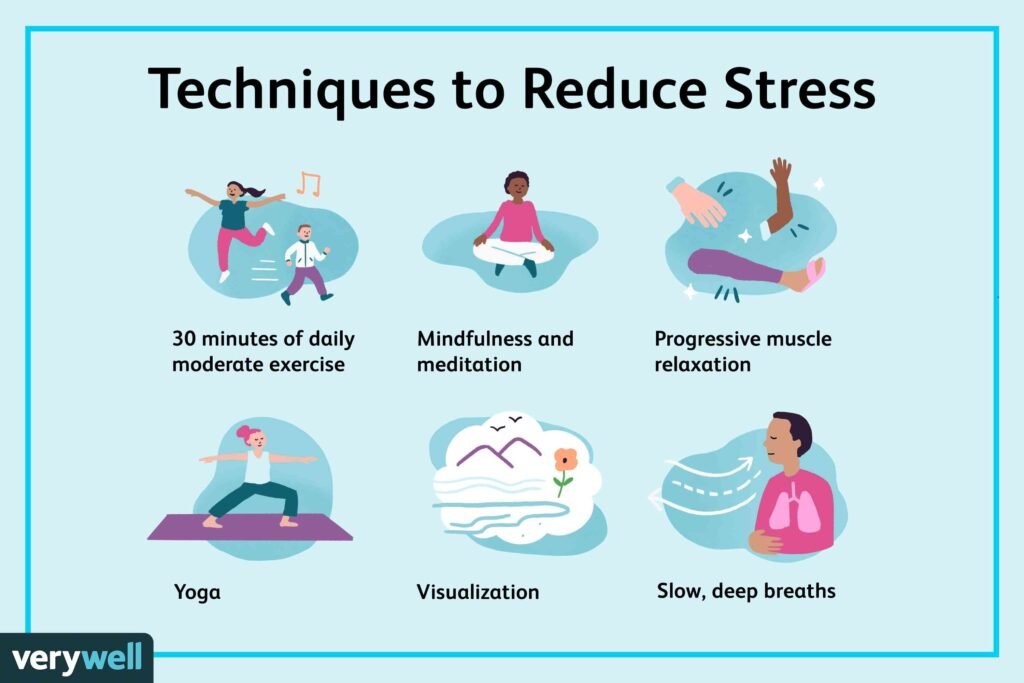
3. The Impact of Social Media on Mental Health: Benefits and Risks
Social media is a double-edged sword; while it offers connectivity and a sense of community, it also presents unique risks to mental health. Here’s a balanced view of how social media affects our well-being:
Benefits:
- Connection and Support: social media allows people to stay connected with loved ones, especially in times of isolation. It can also provide a platform for finding support groups and communities for various mental health challenges.
- Access to Information: Platforms like Instagram and TikTok offer a wealth of resources and expert advice on mental health, from coping strategies to personal stories that foster understanding and empathy.
- Creative Expression: For many, social media serves as a creative outlet, allowing them to share art, writing, and ideas that can be therapeutic.
Risks:
- Comparison and Self-Esteem: Constant exposure to curated, idealized images can lead to feelings of inadequacy, anxiety, and depression.
- Cyberbullying: Negative comments, trolling, or harassment can significantly impact mental health.
- Addiction and Time Management: Excessive use can lead to addiction, impacting sleep, productivity, and real-life relationships.
Tips for Healthy Social Media Use:
- Set Time Limits: Use apps or in-built phone settings to limit daily social media usage.
- Curate Your Feed: Follow accounts that inspire and uplift you; unfollow or mute those that cause negative emotions.
- Digital Detox: Regularly disconnect from social media for a few hours or days to recharge and reconnect with the real world.

4. How to Build Resilience in Difficult Times: A Practical Guide
Resilience is the ability to bounce back from adversity. It is not a trait that people either have or do not have; it involves behaviors, thoughts, and actions that anyone can learn and develop. Here’s how you can build resilience in tough times:
- Cultivate a Growth Mindset: View challenges as opportunities to learn and grow. Embrace failures as lessons rather than setbacks.
- Build a Support Network: Surround yourself with positive, supportive people who uplift and encourage you.
- Practice Self-Compassion: Be kind to yourself, especially when things go wrong. Treat yourself with the same empathy you would offer a friend.
- Set Realistic Goals: Break down large, daunting tasks into smaller, manageable steps. Celebrate each small victory to build momentum.
- Focus on What You Can Control: Redirect energy from worrying about what’s outside your control to what you can directly influence. This could include managing your reactions, seeking support, or finding new solutions to problems.
- Develop Coping Strategies: Identify healthy coping mechanisms that work for you, whether it’s journaling, talking to a friend, engaging in a hobby, or practicing mindfulness.
5. Additional Tips for Enhancing Mental Health and Wellness
- Prioritize Sleep: Quality sleep is vital for mental well-being. Aim for 7-9 hours of restful sleep each night and maintain a regular sleep schedule.
- Stay Hydrated: Proper hydration is crucial for cognitive function and mood regulation. Aim to drink at least 8 glasses of water a day.
- Limit Screen Time: Excessive screen time can affect your sleep and mood. Balance it with offline activities.
- Seek Nature Therapy: Spending time in nature can lower stress and improve mental clarity. Regular walks in a park or garden can be very beneficial.
- Regular Check-Ins with Yourself: Regularly assess your mental state. Ask yourself how you’re feeling, what’s causing stress, and what actions can be taken to improve your well-being.
for more visit

